What exactly is sleep hygiene – and why is it so important?
How to make good sleep a healthy habit
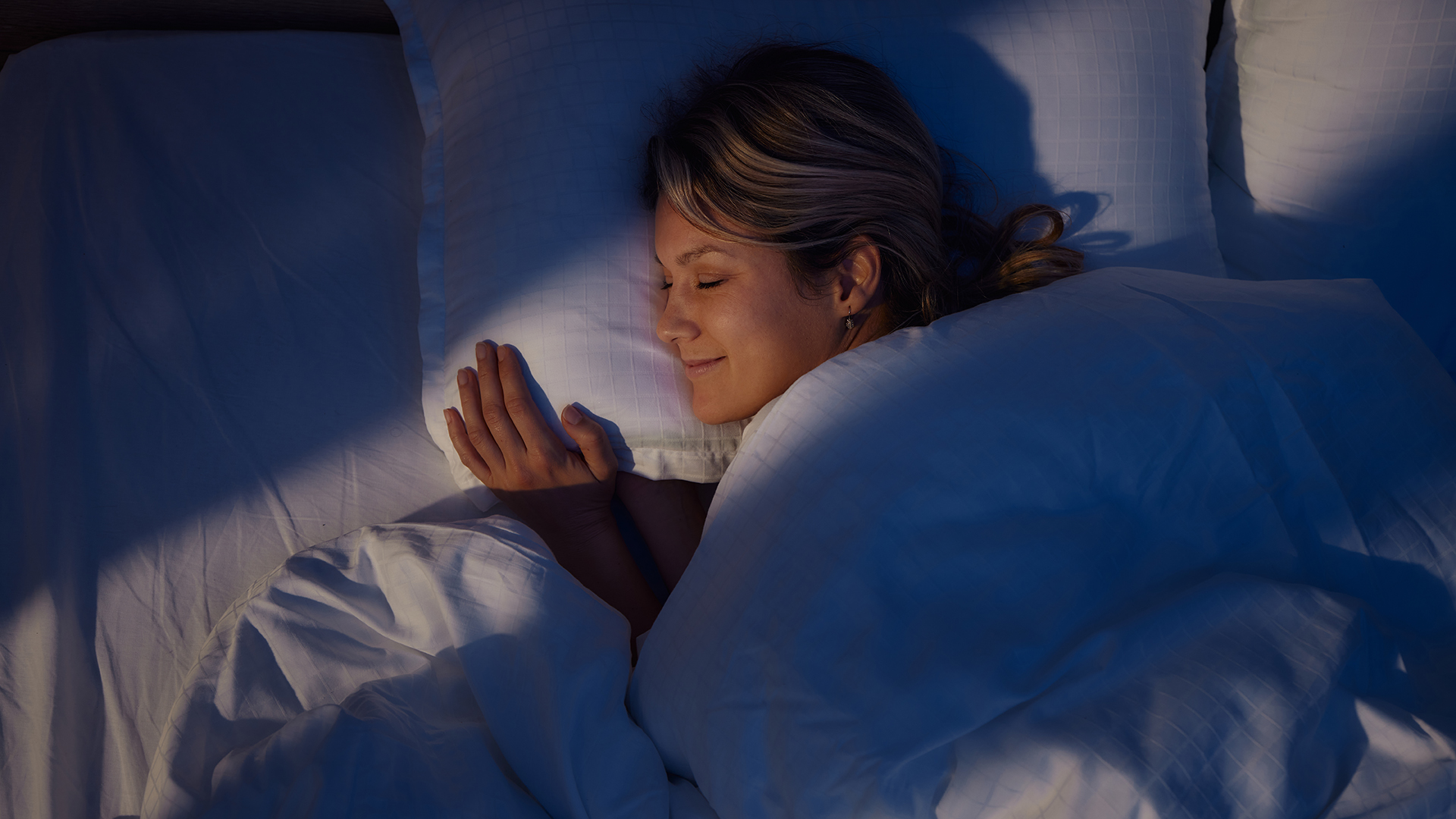
Sign up for breaking news, reviews, opinion, top tech deals, and more.
You are now subscribed
Your newsletter sign-up was successful
Achieving consistently better sleep is sometimes a matter of habit. Good sleep hygiene encourages making sleep-positive adjustments to your environment and pre-bed behaviors. By regularly practicing good sleep hygiene, quality rest becomes a matter of routine.
Proper sleep hygiene encompasses your day and night, but while it might seem intimidating at first, sleep hygiene primarily relies on small but significant changes. And the more you do it, the easier it becomes, until sleep hygiene doesn't feel like any effort at all – it's just what you do before bed.
In this guide, we'll explore why good sleep hygiene matters and how to develop your own sleep-friendly routine. For sleep hygiene to be effective, it's important that your environment supports your rest, so make sure to check out our best mattress guide if your bed isn't providing the support you need.
What is proper sleep hygiene?
Proper sleep hygiene uses regular repetition of sleep-friendly habits to develop a healthy sleep routine. Sleep hygiene is both behavioral and environmental, and it involves following a sleep-friendly routine during the day and at night. Done correctly, sleep hygiene becomes a habit, providing a long-term solution for sleep difficulties.
"Quality sleep is essential for cognitive function, mood regulation, and overall well-being. By practicing good sleep hygiene, you'll feel more alert, focused, and energized during the day," says Lisa Artis, sleep expert and deputy CEO at Simba mattresses charity partner, the Sleep Charity.
Why is sleep hygiene important?
Sleep hygiene prepares your body and mind for good sleep, and while it relies on consistency to work, it also delivers consistency. By practicing correct sleep hygiene, you should be able to enjoy high quality, high quantity sleep almost every night. Essentially, sleep hygiene turns good sleep into a habit.
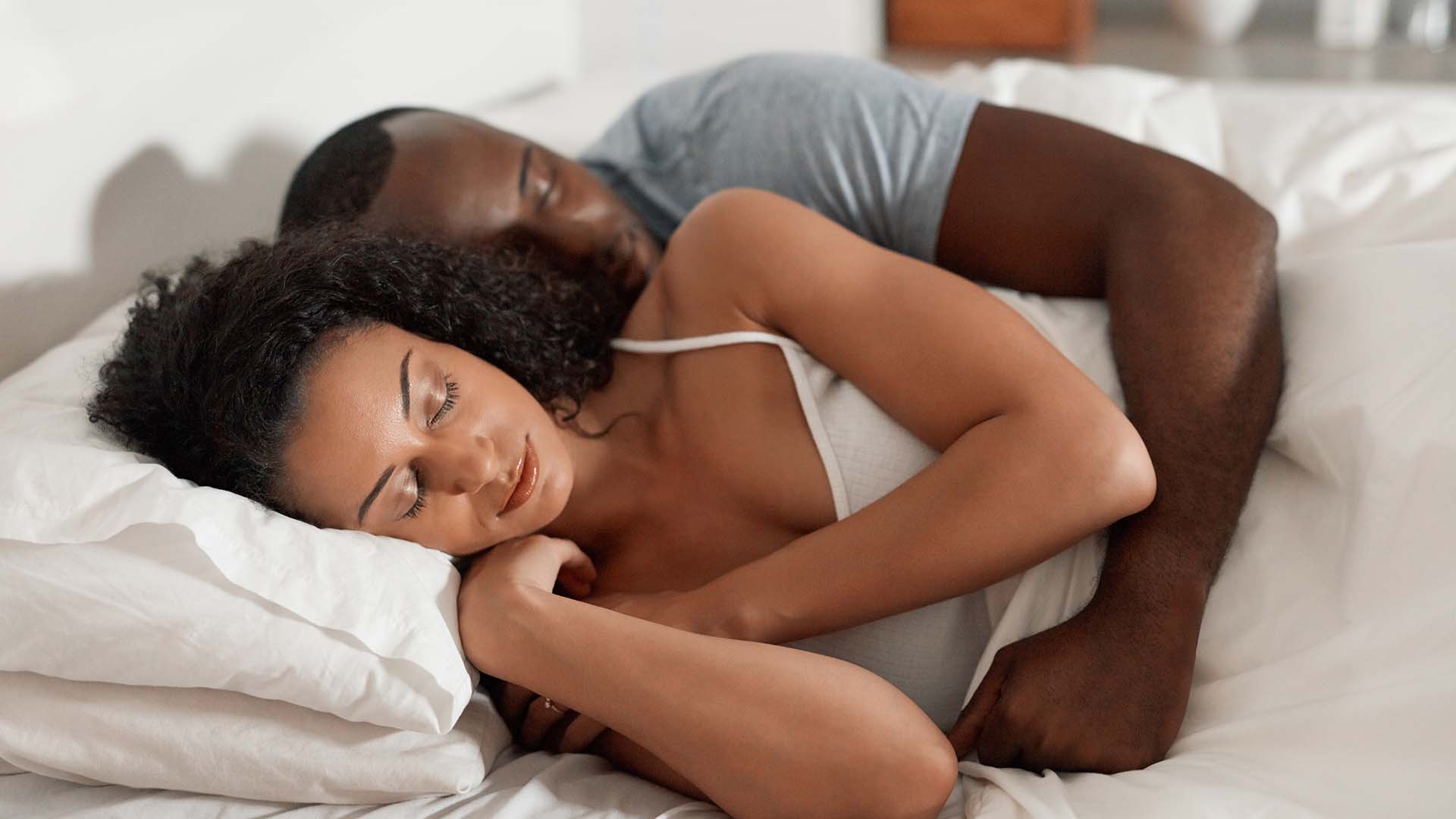
Why is habit important? Studies – plus a lot of anecdotal evidence – show that humans are creatures of habit. We like routine, often doing the same things everyday, sometimes without even realizing. Regularly practicing sleep hygiene teaches our body the routine of going to bed, until good sleep becomes something that happens without thought or effort.
And one of the biggest benefits of proper sleep hygiene is that it’s so easily incorporated into your pre-existing daily routine. It’s not about making a massive, drastic change, but about small, habitual adjustments that should gradually become second nature.
Without sleep hygiene, you could find your habits are actually holding you back from getting the rest you need. A bad sleep hygiene routine – like bright lights in the evening and big meals before bed – might inadvertently be keeping you awake and accumulating sleep debt. And research shows that frequent lack of sleep can have both short-term and long-term implications on health. Which is why you want to replace those bad sleep habits with a good sleep hygiene routine.
Sign up for breaking news, reviews, opinion, top tech deals, and more.
"Establishing a consistent sleep routine and creating a comfortable sleep environment can help you fall asleep faster and stay asleep throughout the night," explains Lisa. "Practicing good sleep hygiene can help prevent or alleviate common sleep disorders such as insomnia and sleep apnea."

And while even with the best sleep hygiene it's impossible to guarantee every night is a good night – we can't always avoid busy evenings, stress, or changes to the routine – these good habits will make it easier to return to quality rest after a few nights of disruption..
What is poor sleep hygiene
Poor sleep hygiene is when you don’t have a regular sleep-friendly routine in place to help you achieve consistently good rest. The most obvious sign of poor sleep hygiene is bad sleep. You might struggle to drift off, wake up frequently during the night, or find that even after eight hours of sleep, you still feel tired.
It's not always obvious that you have poor sleep hygiene until you take a step back. But what seems like an ordinary evening routine might be the reason you spend your nights disrupted. Keeping a sleep diary can provide an overview of your sleep, helping you identify problems and find solutions.
Is sleep hygiene the same for everyone?
While the general rules of sleep hygiene are the same for everyone, it’s important to personalize your routine to suit your needs. Take a gradual approach when determining what proper sleep hygiene looks like for you. For example, move your bedtime by 15 minutes, rather than an hour. The rules we've outlined below should act as a starting point, from which you build your own good habits.
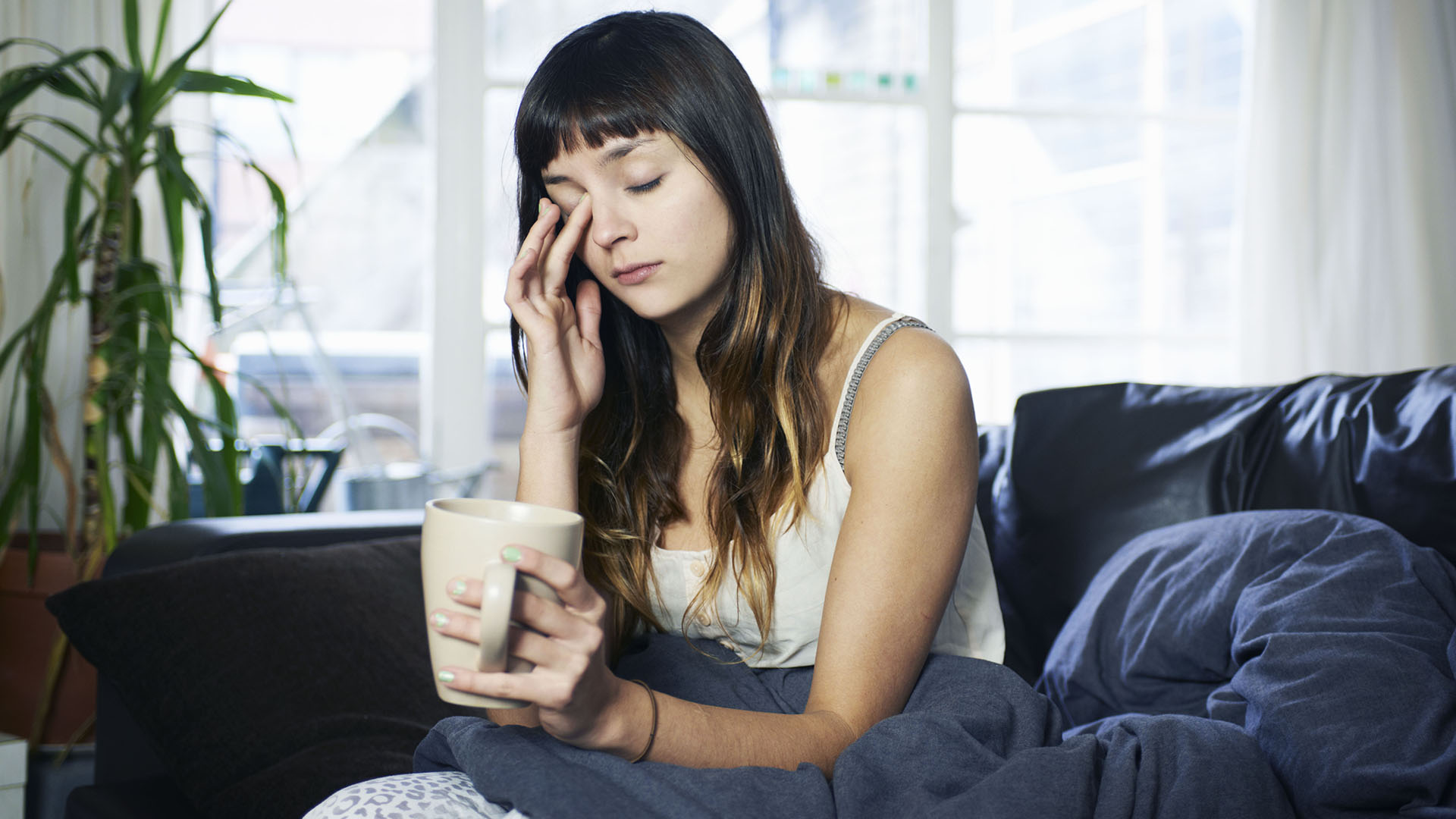
“Adequate sleep is crucial for maintaining a healthy immune system, metabolism, and cardiovascular health," explains Lisa. "By prioritizing sleep hygiene, you can reduce the risk of various health problems."
Sleep hygiene can improve sleep, but it won’t work for everyone. If you’re suffering from severe insomnia, obstructive sleep apnea, or other sleep disorders, consult with your doctor to find the best course of action.
5 rules for sleep hygiene
These overarching rules from the basis of sleep hygiene. They prioritize schedule and repetition, and they aren't just focused on those last few minutes before bed – what you do during the day is also important. As well as behavioral aspects, sleep hygiene focuses on your environment, so make sure to think about your bedroom. And remember that these rules are general, not specific, and need to be personalized to your needs.
1. Set a sleep schedule
A sleep schedule determines when you go to bed and when you wake up, to ensure you're getting as much sleep as you need. If you want to keep a close eye on your schedule, the best sleep trackers provide the exact data. Otherwise, a sleep diary can help you create an overview of just how much shut-eye you're getting, and when.
Find your sleep window
Pay attention to when you feel sleepy and when you feel awake to determine your sleep window. This is the best time for you to sleep and you can use it to schedule your drop-off and wake-up times. Learning your sleep chronotype can also help you build a schedule that suits your natural inclinations.
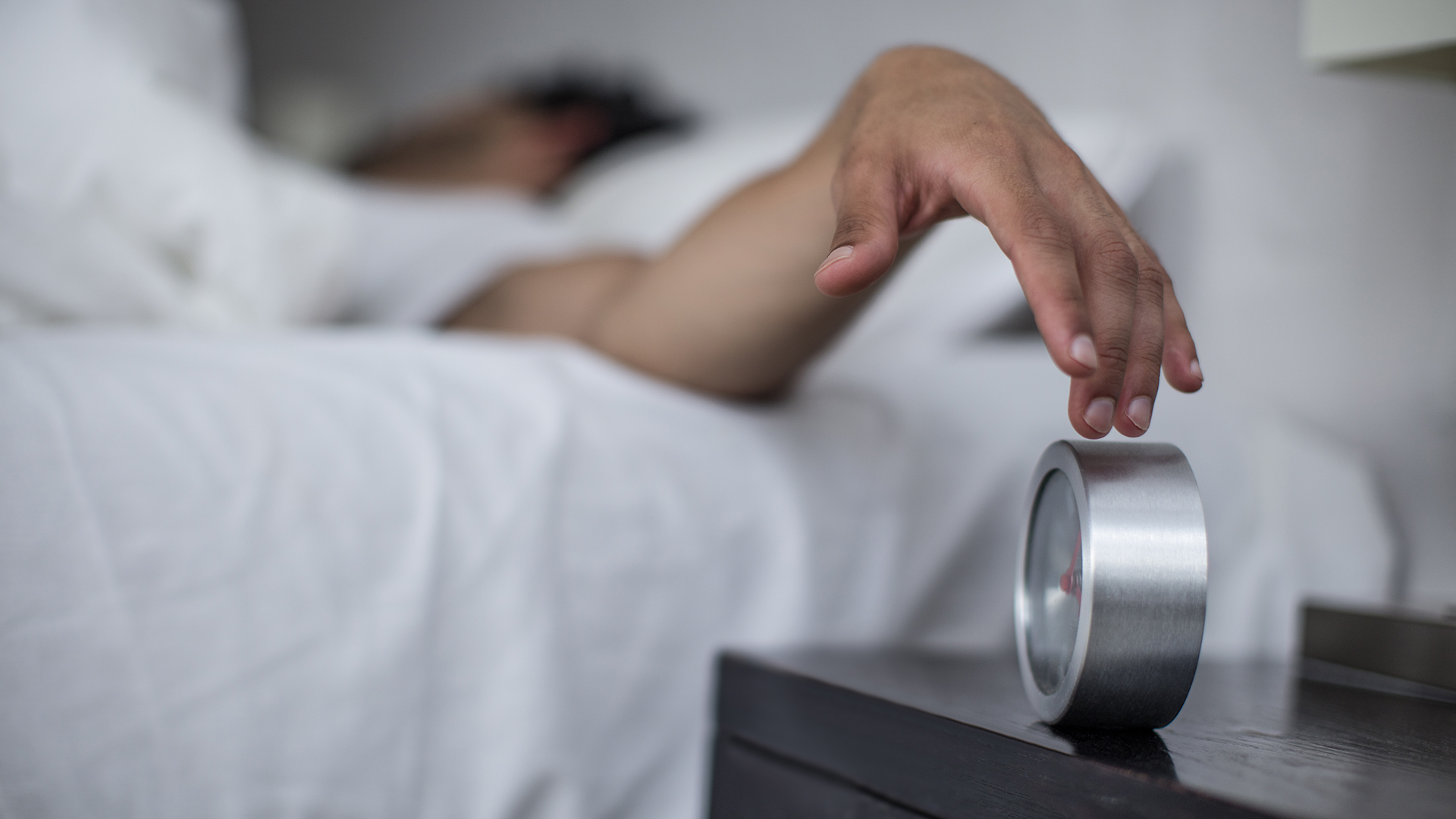
Wake up at the same time everyday
"Try to go to bed and wake up at the same time every day, even on weekends. This helps regulate your body's internal clock," says Lisa. If you can’t stick to the exact time, try to roughly wake up in the same time window throughout the week. This can help you avoid the groggy effects of social jet lag; when your weekday and weekend alarms are so far apart they're almost in different time zones.
Get out of bed if you can’t sleep
Lying in bed when you can’t drift off erodes the connection between ‘bed’ and ‘sleep’, so if you can’t fall asleep after 15 minutes, it’s time for a change of scenery. Move to a different room if you can, and pick up a relaxing hobby for a few minutes, before heading back to bed. Known as the 15 minute rule, this technique also works if you wake up in the middle of the night.
2. Have a sleep-friendly bedtime routine
A relaxing bedtime routine prepares the body and mind for rest, lulling you into the perfect headspace for sleep. This routine should be followed nightly and adapted to suit your own needs and interests.
Set a time to wind-down
There should be a point in your evening when you switch into pre-sleep mode, and it shouldn’t be 10 seconds before you go to bed. Start your wind-down at least 30 minutes before your bedtime, to get you into a calm headspace.

Enjoy relaxing activities
"Engage in activities that help you wind down before bed, such as reading a book, taking a warm bath, or practising relaxation techniques like deep breathing or meditation," suggests Lisa. Choose the right activities, and your bedtime routine can be the best part of your day.
Put away blue light
"The blue light emitted by screens can interfere with your body's natural sleep-wake cycle, so try to avoid screens (phones, computers, TVs) at least an hour before bedtime," says Lisa. At least one hour before bed, put down your smartphone and pick up other sleep-friendly activities.
Save the bed for sleep
Most of your bedtime routine should take place outside the bedroom, so you don't start to associate the mattress with being active. Reserve the bed for sleep and intimacy, and on the weekend, avoid bed rotting.
3. Optimize the bedroom for sleep
Sleep hygiene encompasses environmental factors, not just behaviors. Your bedroom should echo the calm feeling you've created during your bedtime routine, to keep you in that relaxing headspace. "Make sure your bedroom is conducive to sleep by keeping it cool, dark, and quiet," says Lisa.
Choose the right mattress
A supportive sleep surface is essential to enjoying pain-free, consistent sleep. Discover your bed needs with our guide ‘how to choose a mattress’, and find the perfect sleep setup with our best hybrid mattress and best memory foam mattress guides.
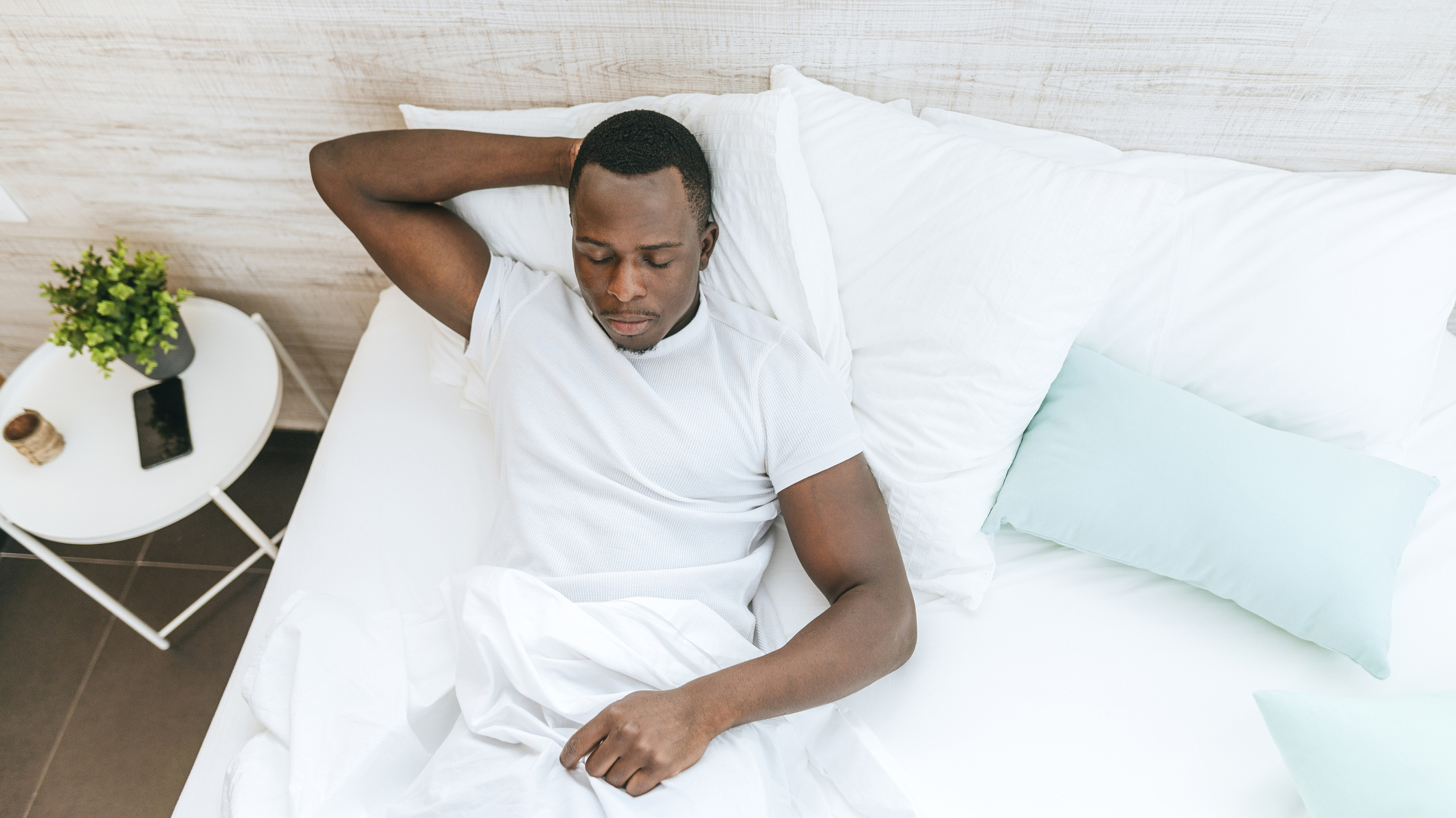
Don’t forget the pillow
"Invest in a comfortable mattress and pillows that don’t make you too hot or cold," advises Lisa. Sleeping on a bad pillow could be the reason why you keep waking up with a pain in the neck. A pillow should cradle your head and help keep your spine aligned through the night. Our best pillow guide can help you one that works for you.
Clean up clutter
A messy room is a catalyst for bad sleep, causing feelings of stress and guilt by reminding us of incomplete tasks. Decluttering your bedroom clears away this anxiety, but if you’re low on time, here’s a quick hack – only clean the parts of the room visible from the bed.
Get the right temperature
“We sleep better when we are a little cooler,” says Dr Lindsay Browning, neuroscientist, psychologist and sleep expert at And So To Bed. “I’d recommend bedrooms are kept cooler than the rest of the house as our core body temperature drops overnight.” Around 16 to 19 degrees Celsius (60 to 66 degrees Fahrenheit), is ideal.
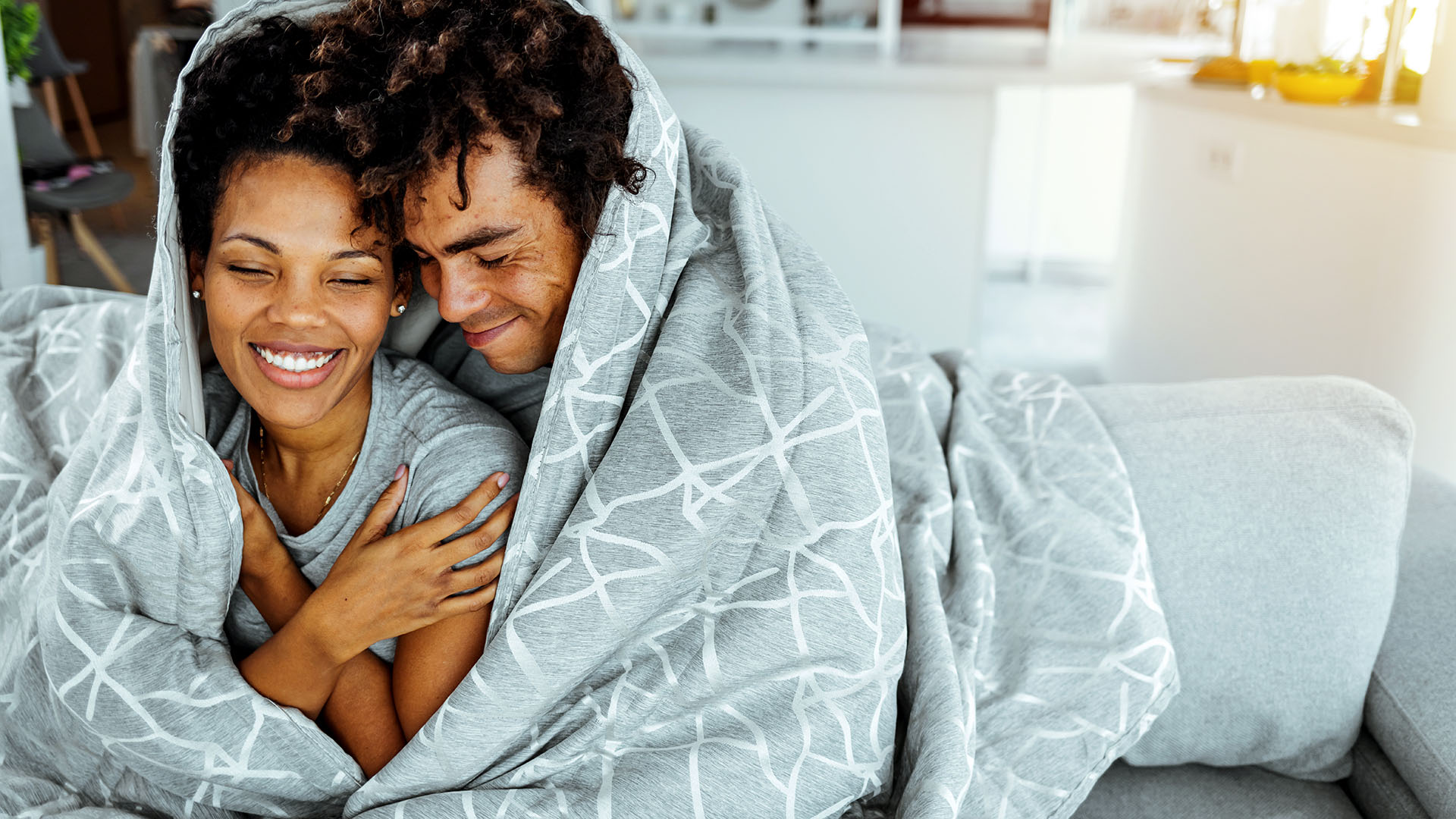
Block out light
Bright light signals to the body clock that it’s time to wake up, while dim light indicates it’s time for sleep. Use blackout curtains or an eye mask to keep light out when you’re in bed.
4. Consider your daytime routine
What we do during the day has a direct impact on your sleep, and while you shouldn't spend the entire day waiting to go to bed, you want to avoid bad habits that will have you lying awake all night
Eat well
A healthy diet is important for your sleep, putting your body in the best place to achieve optimum rest. While there are some foods that can help you sleep (such as cashews and pumpkin seeds), don’t think of them as the equivalent of a sleeping pill. Aim to incorporate them into your diet throughout the day, if you want to feel the benefits.
Avoid eating late at night
As well as what you eat, it’s important to consider when you eat. Lisa recommends to avoid: "heavy meals and spicy foods close to bedtime, as they can cause discomfort and disrupt sleep." Eating late at night can keep you up, as your body is focused on digestion, and not sleep. In addition, lying down after eating can cause indigestion, which further contributes to bad sleep.
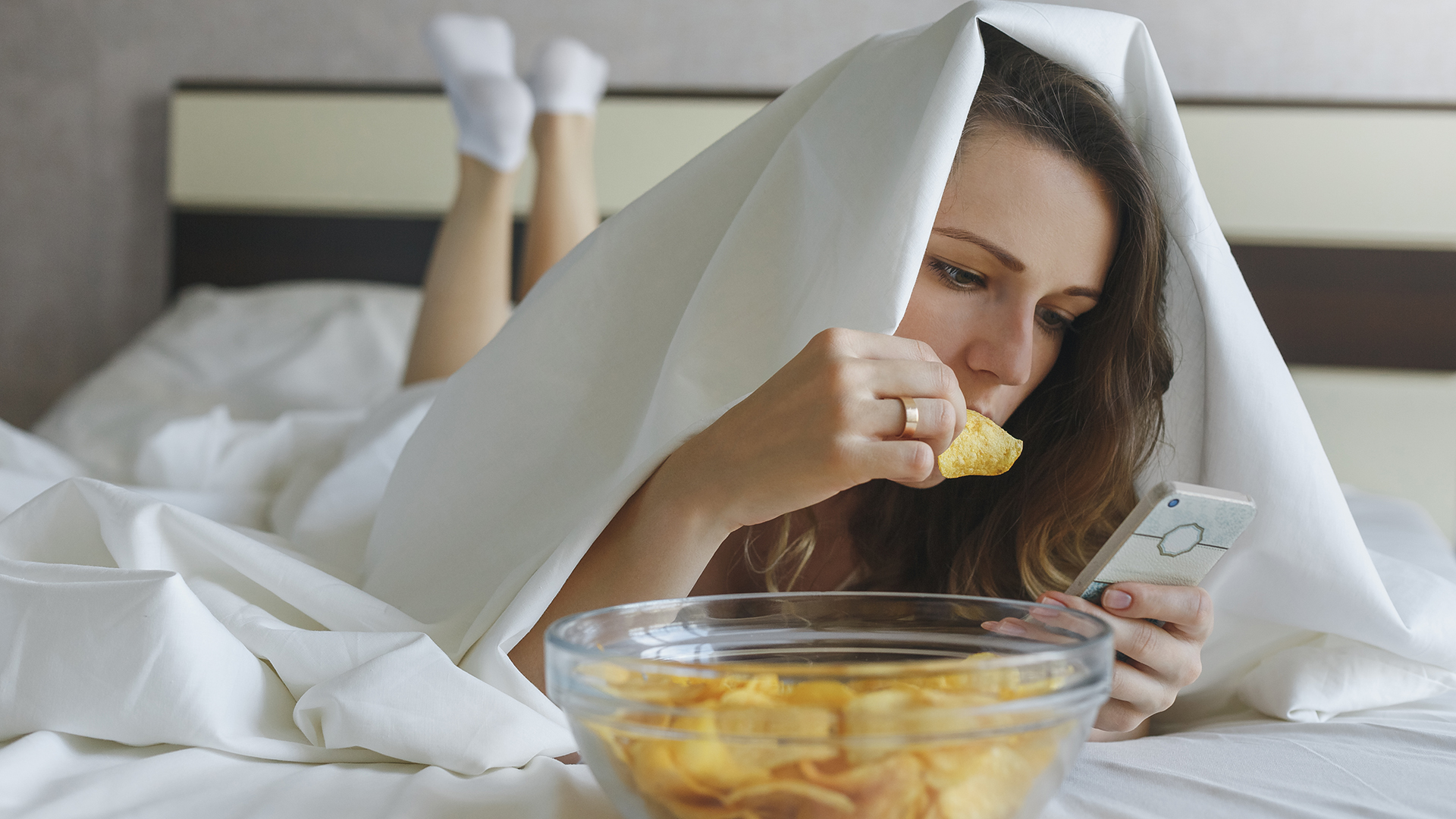
Choose drinks carefully
Lisa advises to; "avoid consuming caffeine and alcohol close to bedtime, as they can disrupt your sleep." The 10-3-2-1-0 sleep method recommends cutting out caffeine 10 hours before bed and alcohol three hours before bed. In general, try to hydrate consistently throughout the day, instead of late at night, so you can avoid waking up to go to the toilet.
Get active
Exercise can help you sleep by regulating your body clock. "Engage in regular physical activity, but try to avoid vigorous exercise close to bedtime as it can be stimulating," says Lisa. If you have to exercise before bed, keep things light – a relaxing walk or light stretching should work.
5. Keep it regular
Sleep hygiene, much like regular hygiene, isn’t a one and done kind of activity. Consistency is key. Just like you should brush your teeth every morning, you should commit to sleep hygiene every night.
But because sleep hygiene is all about habit, the more frequently you do it, the more natural it becomes. With regular repetition, it won't feel like you're practicing sleep hygiene – you'll just be going through your day-to-day routine.
While sleep hygiene should become habit that doesn't necessarily mean it has to remain static. Over time, you might need to gradually adapt your sleep hygiene to suit life changes, such as aging (our sleep needs change with our age), growing kids, or even a new job. However, with a good basis of routine in place, you should find these small adjustments won't disrupt your overall sleep habits.

Ruth is TechRadar’s Sleep Writer. She’s here to help you find the perfect sleep setup for your budget and personal preferences. As well as keeping a keen eye on everything that’s going on in the world of mattresses, she regularly speaks to experts to help you learn how to improve your sleep habits, whether that’s by debunking sleep myths or explaining the science behind it all. Prior to joining the TechRadar team, she wrote features and product guides for new parents hoping to get a decent night's sleep, as well as writing for a variety of online spaces.